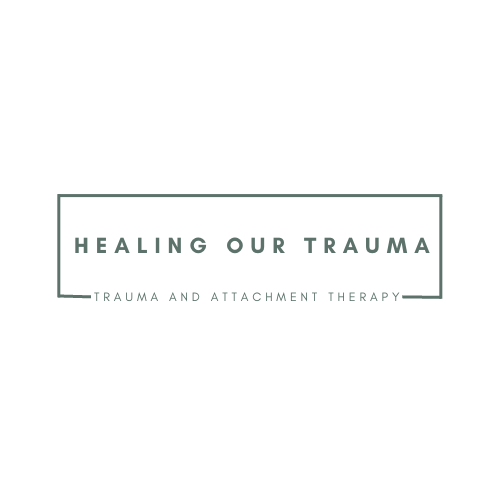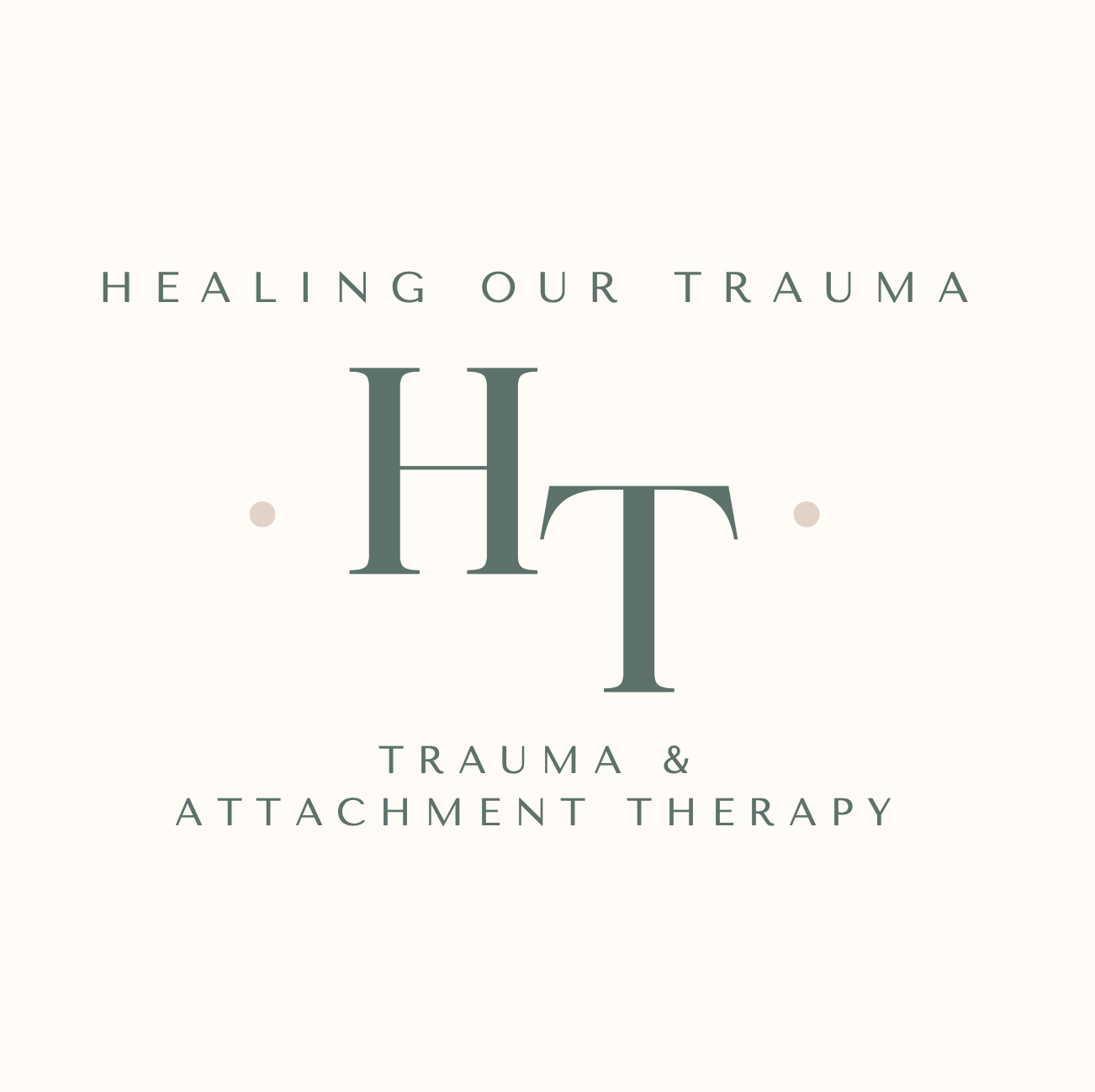What is Emotion Focused Therapy?
At Healing Trauma KC, we offer Emotion Focused Therapy to help individuals, couples, and families navigate through emotional challenges. This approach focuses on understanding and regulating our emotions to create healthier relationships and promote personal growth. Whether you're seeking general counseling, marriage counseling, or trauma therapy, we are here to support you on your journey towards healing and emotional well-being.
What is Emotion Focused Theory?
Emotion Awareness
Emotion-Focused Therapy places a strong emphasis on increasing awareness of emotions. This involves helping individuals identify and understand their emotions, including the specific feelings they are experiencing and the underlying needs or concerns associated with those emotions. Enhanced emotion awareness is considered crucial for effective emotional regulation and transformation.
Emotion Regulation
EFT works on helping individuals regulate their emotions in adaptive ways. This involves developing skills to manage intense or overwhelming emotions, express emotions constructively, and cope with emotional challenges. Emotion regulation is seen as a key component for overall well-being and effective functioning.
Emotion Transformation
Emotion transformation in EFT involves the process of changing or adapting maladaptive emotional responses. This may include transforming negative or inhibitory emotions into more adaptive, growth-promoting emotions. The therapeutic process includes exploring and reshaping the meaning and function of emotions to facilitate positive change.
Experiential Techniques
EFT incorporates a variety of experiential techniques to help individuals explore and process their emotions. Techniques may include guided imagery, role-playing, and expressive arts to access and work through emotional experiences. Experiential methods aim to create a deeper understanding of emotions and promote emotional healing.
What Can Emotion Focused Therapy Help With?
Emotion Focused Therapy is a therapeutic approach that may address various aspects of emotional well-being. It's important to note that Emotion Focused Therapy is not limited exclusively to the below scenarios, and its applications may extend to other concerns related to attachment patterns and interpersonal dynamics.
Anxiety Disorders
Emotion-Focused Therapy (EFT) offers valuable support in tackling anxiety by centering on the comprehension, expression, and management of emotions. It fosters emotional mindfulness, delves into harmful emotional patterns, and cultivates emotional regulation abilities and resilience.
Depression
EFT effectively addresses mood disorders like depression by exploring and processing the underlying emotions. It helps individuals develop positive emotional reactions and coping strategies, promoting emotional mindfulness to relieve symptoms.
Relationship Issues
EFT is effective in couples therapy, helping partners identify and express emotions. It fosters understanding and responsiveness, aiming to strengthen emotional bonds and improve communication.
Emotion Focused Therapy FAQs
Have questions? We’re here to help.
-
Why do people need Emotion Focused Therapy?
People seek Emotion Focused Therapy (EFT) for a variety of reasons. EFT is particularly beneficial for individuals or couples who are experiencing difficulties in their relationships and are seeking to improve their emotional connection. It is often used to address issues such as communication problems, conflict, unresolved trauma, attachment wounds, and emotional distress.
One of the main reasons people need EFT is because it helps them explore and understand their emotions in a safe and supportive environment. Through this therapy approach, individuals can gain insight into their own emotional experiences and learn how to effectively express and regulate their emotions within their relationships.
-
What can I expect in my First EFT Session?
During your first Emotion-Focused Therapy (EFT) session, it's important to establish a strong therapeutic alliance with your therapist. You can expect to discuss your goals, concerns, and any relevant background information. Your therapist will explain the EFT process and answer any questions you may have. Together, you'll create a safe environment for exploring and working through your emotions.
-
Is Emotion-Focused Therapy Right for You?
Considering therapy that emphasizes emotional exploration, attachment, and relational healing? Open to engaging in deep emotional work and exploring core emotions? Desire therapy that fosters empathy, connection, and emotional responsiveness? Ready for healing and transforming negative relational patterns? Resonate with EFT principles of emotional safety and secure attachment? Emotion-Focused Therapy might be right for you.
At Healing Our Trauma we know that you want to be on a path to recovery and restoration. In order to do that, you need to address your underlying, unmet needs. The problem is most people don't know where to turn to or how to start which makes you feel frustrated and stuck. This leads some to want to quit. We believe in your resilience and the possibility of reclaiming a life marked by strength, growth, and renewed hope. We understand that overcoming trauma is a journey that requires personalized care, empathy, and a safe space for healing.
So, schedule a free evaluation. And in the meantime, sign-up for our Support Newsletter.
Together, we can navigate this journey toward healing, ensuring that you not only survive but thrive in the aftermath of trauma.
Contact Us
816-200-7909
Contact Us
We will get back to you as soon as possible
Please try again later
Insurance Accepted: Aetna (Missouri Only)
Forms of Payment: Cash, Check, Visa, Mastercard, Discover, American Express
Our address
Email: nadirah@healingtraumakc.com
Tel: 816-200-7909
12401 E 43rd St S, Independence, MO 64055, United States of America
Work Hours
- Mon - Fri
- -
- Sat - Sun
- Closed

